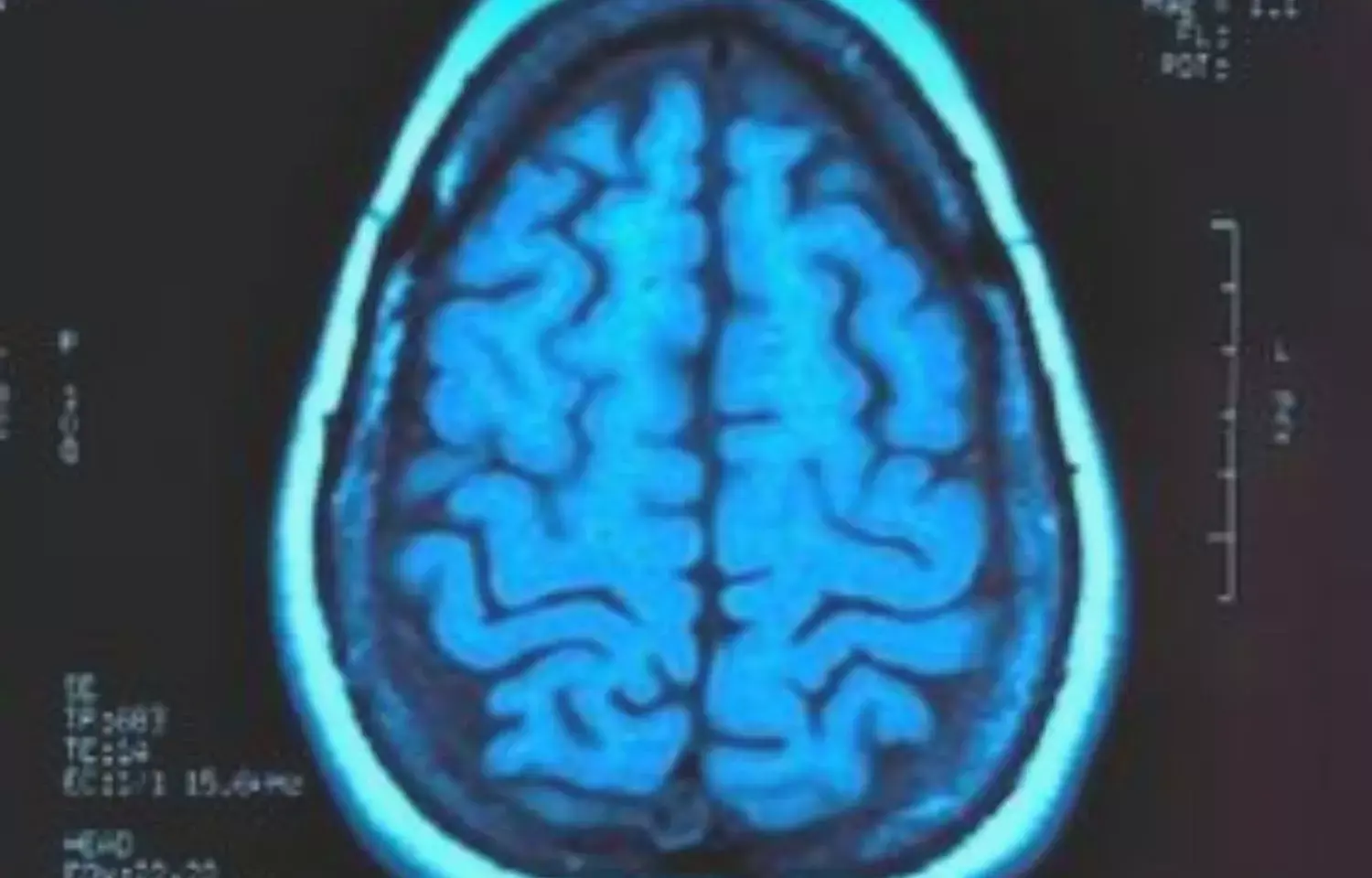- Home
- Medical news & Guidelines
- Anesthesiology
- Cardiology and CTVS
- Critical Care
- Dentistry
- Dermatology
- Diabetes and Endocrinology
- ENT
- Gastroenterology
- Medicine
- Nephrology
- Neurology
- Obstretics-Gynaecology
- Oncology
- Ophthalmology
- Orthopaedics
- Pediatrics-Neonatology
- Psychiatry
- Pulmonology
- Radiology
- Surgery
- Urology
- Laboratory Medicine
- Diet
- Nursing
- Paramedical
- Physiotherapy
- Health news
- Fact Check
- Bone Health Fact Check
- Brain Health Fact Check
- Cancer Related Fact Check
- Child Care Fact Check
- Dental and oral health fact check
- Diabetes and metabolic health fact check
- Diet and Nutrition Fact Check
- Eye and ENT Care Fact Check
- Fitness fact check
- Gut health fact check
- Heart health fact check
- Kidney health fact check
- Medical education fact check
- Men's health fact check
- Respiratory fact check
- Skin and hair care fact check
- Vaccine and Immunization fact check
- Women's health fact check
- AYUSH
- State News
- Andaman and Nicobar Islands
- Andhra Pradesh
- Arunachal Pradesh
- Assam
- Bihar
- Chandigarh
- Chattisgarh
- Dadra and Nagar Haveli
- Daman and Diu
- Delhi
- Goa
- Gujarat
- Haryana
- Himachal Pradesh
- Jammu & Kashmir
- Jharkhand
- Karnataka
- Kerala
- Ladakh
- Lakshadweep
- Madhya Pradesh
- Maharashtra
- Manipur
- Meghalaya
- Mizoram
- Nagaland
- Odisha
- Puducherry
- Punjab
- Rajasthan
- Sikkim
- Tamil Nadu
- Telangana
- Tripura
- Uttar Pradesh
- Uttrakhand
- West Bengal
- Medical Education
- Industry
More than half of autistic children experienced lockdown induced diminished mental health: PCH study

More than half of autistic children experienced mental health (MH) deterioration, and person-specific (pre-existing MH, COVID related stress), parent-specific (Parent MH), and system-level (loss of services and material deprivation) characteristics were associated with such decline, providing clinical and policy opportunities for intervention at multiple levels, according to latest research published in Paediatrics & Child Health.
Children with pre-existing mental health conditions/neurodevelopmental disorders have been particularly vulnerable to increases in stress, and internalizing and externalizing behaviours in children and youth.
Disruptions in various educational and health care services (e.g., academic supports, psychology/social work services, and allied health and medical services) were primary stressors for children and their families during the pandemic. According to parental reports, the loss of educational and health care services may be particularly detrimental to both autistic children and their families, due to difficulties with changes in routines, but also overall increased need for continuous access to such services.
The purpose of the study conducted by Marina Charalampopoulou et. al was to identify sub-groups of autistic children who are most at risk of poor MH outcomes during the COVID-19 pandemic, and to characterize sub-group membership using child, parent, and system factors to inform clinical and policy decision making.
Data were drawn from a large Canadian cohort across Ontario, resulting in 265 autistic children. K-means clustering analyses were employed to partition distinct MH profiles in six MH measures (mood, anxiety, OCD symptoms, irritability, inattention, hyperactivity) and group differences were examined with reference to the above factors. Additionally, we investigated the characteristics of children who accessed acute MH services.
The researchers noted the following results:
The optimal number of clusters was two; one included those experiencing MH deterioration across all six MH measures, and a second included youth that did not experience MH changes.
Child-specific factors associated with MH deterioration included higher pre-existing internalizing symptoms, high levels of COVID stress.
Parental MH challenges and system-specific factors, such as the loss of learning supports, access to physicians and material deprivation, were also associated with MH deterioration.
Access to acute MH services were primarily associated with financial insecurity and loss of services.
"In conclusion, more than half of autistic children experienced mental health deterioration during the pandemic, and person-specific, parent- and system-level characteristics were associated with such deterioration, and may present opportunities for future interventions," the authors wrote.
Reference:
Marina Charalampopoulou, BSc, Eun Jung Choi, PhD, Daphne J Korczak, MD, Katherine T Cost, PhD, Jennifer Crosbie, PhD, Catherine S Birken, MD MSc FRCPC, Alice Charach, MD, Suneeta Monga, MD, Elizabeth Kelley, PhD, Rob Nicolson, MD, Stelios Georgiades, PhD, Muhammad Ayub, MD, Russell J Schachar, MD, Alana Iaboni, PhD, Evdokia Anagnostou, MD, Mental health profiles of autistic children and youth during the COVID-19 pandemic, Paediatrics & Child Health, Volume 27, Issue Supplement_1, June 2022, Pages S59–S65, https://doi.org/10.1093/pch/pxab111
B.Sc Life Sciences, M.Sc Biotechnology, B.Ed
Isra Zaman is a Life Science graduate from Daulat Ram College, Delhi University, and a postgraduate in Biotechnology from Amity University. She has a flair for writing, and her roles at Medicaldialogues include that of a Sr. content writer and a medical correspondent. Her news pieces cover recent discoveries and updates from the health and medicine sector. She can be reached at editorial@medicaldialogues.in.
Dr Kamal Kant Kohli-MBBS, DTCD- a chest specialist with more than 30 years of practice and a flair for writing clinical articles, Dr Kamal Kant Kohli joined Medical Dialogues as a Chief Editor of Medical News. Besides writing articles, as an editor, he proofreads and verifies all the medical content published on Medical Dialogues including those coming from journals, studies,medical conferences,guidelines etc. Email: drkohli@medicaldialogues.in. Contact no. 011-43720751


